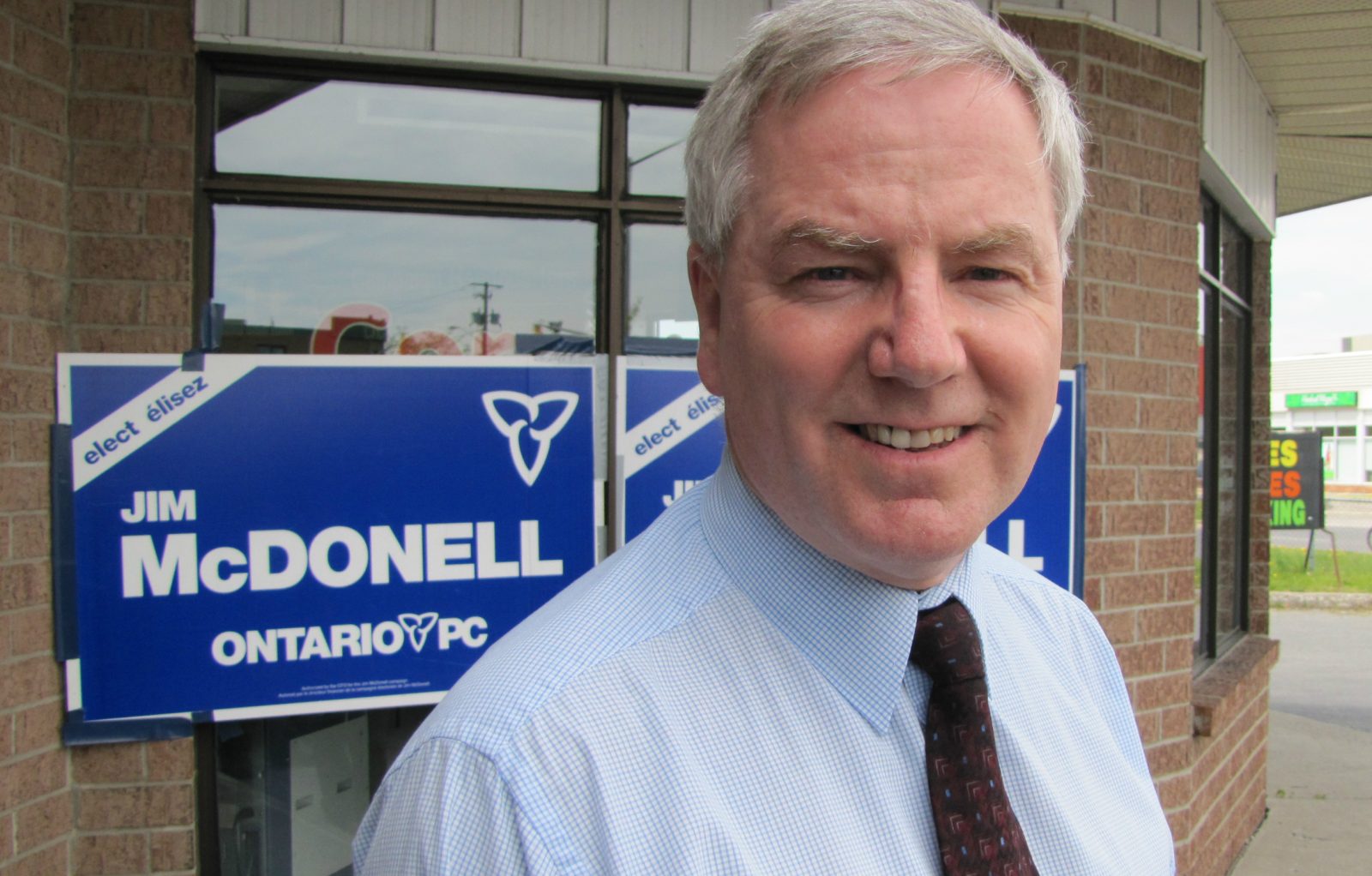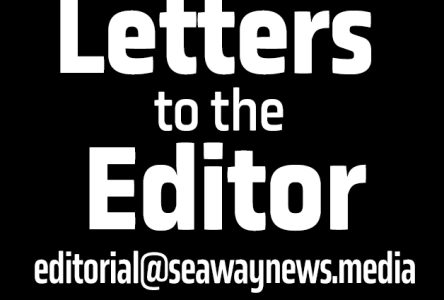QUEEN’S PARK, Ontario – Queen’s Park was filled with plenty of corny jokes this week as the government tried to justify the $121,000 they paid towards a massive six-story yellow rubber duck.
It was a tough sell amid the reports of cancelled operation room surgeries and patients in hallways and empty offices.
The government packed a raft of new legislation into the last week of the spring session. They re-introduced photo radar anywhere in Ontario (Bill 65), enacted municipal legislation reform (Bill 68), changed immunization rules and nurses’ prescribing power (Bill 87), reformed our child and family law (Bill 89), enacted certain anti-racism measures (Bill 114), passed their hydro rate plan (Bill 132), and introduced a foreign buyers’ tax (Bill 134) and changes to the employment standards act (Bill 148). It’s little wonder that many are predicting an early election.
With just a few hours left before the summer recess, the government introduced Bill 148 to implement the Changing Workplaces Review. It is a sweeping reform of our labour and employment standards law that includes a 32% increase in the minimum wage. Earlier this year the government had tied the minimum wage to inflation, with the Premier stating that she wanted to de-politicize the process. We agreed, as wage increases should be gradual and predictable so that businesses can plan for their futures in these uncertain times. Clearly the government is going back on that commitment and playing politics before an election they are desperate to win.
Bill 132, the government’s legislation to lower electricity prices over the next four years finally passed, just days after a shocking report from the province’s Financial Accountability Officer. The document not only confirmed that the bill would only provide temporary cost relief, but also highlighted a price tag of $45 billion in additional debt, conditional on twenty-nine years of balanced budgets and low interest rates. Reflecting on the fact that those two conditions have never been achieved before and are extremely unlikely, he pegged the likely cost to be between $68 and $93 billion in additional debt. Then, in an apparent attempt to have this huge additional debt not appear on the government’s balance sheet, the legislation added the loan to the Ontario Power Generation Corporation. The Auditor General stated that this does not follow standard accounting practices and that she is unable to sign off on the action. Just consider that this $93 billion of additional debt would roughly compare to the total infrastructure spending by this government over their fourteen years in government, all done through a limited debate time-allocated bill.
The foreign buyers’ tax bill’s journey through the Legislature involved a move unprecedented in my time as a legislator. The Minister of Finance, backed by the government’s majority, yanked the Bill from Committee, had it ordered for Third Reading without any public input and, adding insult to injury, forced a vote on Third Reading without any debate whatsoever. A foreign buyers’ tax is expected to have a major impact on our economy and deserved extensive study and public consultation. This Bill could affect the current and future value of Ontarians’ largest investment. Housing affordability can’t be bought with another tax.
The reasoning behind limiting debate on the budget bill through time-allocation seemed to be cleared up with the tabling of the Financial Accountability Officer’s report on Ontario’s budget. The independent watchdog warned that Ontario’s finances will deteriorate after the 2018 election if the government stays its course, and balancing them would require either cutting expenditures or raising revenue. In layman’s terms, that’s either more taxes or service cuts. The report is available online and makes for instructive, if troubling reading. This summer, I look forward to meeting with you and discussing your concerns and ideas to ensure we build the Ontario we, and our children, deserve.



